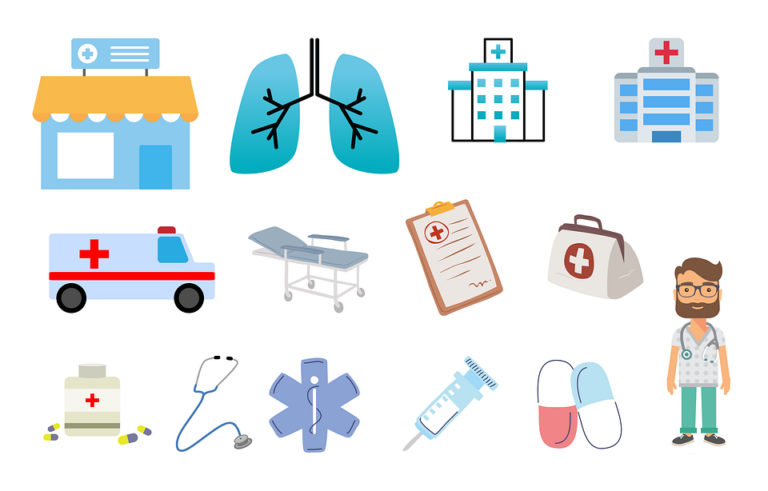Book Appointment Now

Respiratory Issues in Young Children
Respiratory issues in young children are a leading cause of hospital visits and admissions, especially during the early years. Early diagnosis and timely management are critical to ensure that complications such as chronic respiratory conditions or developmental delays are prevented. Pediatric nurses and healthcare providers play an essential role in identifying symptoms, administering treatments, and educating parents about the risks and management strategies of common respiratory issues in young children.
Do you need nursing essay writing help about respiratory issues assignment? ![]()
Common Respiratory Issues in Young Children
Asthma
Asthma is one of the most common chronic respiratory issues in young children. It is characterized by wheezing, coughing, shortness of breath, and chest tightness. Asthma attacks can be triggered by allergens, air pollution, or viral infections. Early diagnosis of respiratory issues in children, such as asthma, helps prevent severe episodes. Nurses must instruct caregivers on the proper use of inhalers and ensure they are familiar with their child’s asthma management plan.
Bronchitis
Bronchitis in children often follows a viral infection. Symptoms include coughing, mucus production, and shortness of breath. If untreated, it can lead to more severe infections such as pneumonia. Pediatric nurses should assess the severity of the symptoms, monitor the child’s breathing patterns, and recommend home care interventions like hydration and rest while also evaluating if medical intervention is necessary.
Diagnosing Respiratory Issues In Kids
Identifying Symptoms of Respiratory Distress
Timely diagnosis of respiratory issues in children involves careful observation of symptoms such as labored breathing, persistent cough, and cyanosis (bluish skin or lips). Nurses can also use non-invasive tools like pulse oximetry to measure oxygen saturation levels in children. In more severe cases, chest x-rays or blood gas analysis may be required to determine the underlying cause.
Clinical Examinations
A thorough physical examination is vital for diagnosing pediatric respiratory conditions. Nurses should listen for abnormal breath sounds, such as wheezing or crackles, which can indicate asthma, pneumonia, or bronchiolitis. Identifying these signs early allows for the prompt initiation of appropriate treatment plans. Read about Pediatric upper respiratory infection discussion
Management of Respiratory Issues in Young Children
Nursing Interventions for Acute Respiratory Conditions
Pediatric nurses are responsible for implementing essential nursing interventions in cases of respiratory distress. Administering oxygen therapy, using nebulizers, and ensuring airway clearance are critical in managing acute episodes. Nurses should educate parents on recognizing early warning signs, such as increased work of breathing and respiratory fatigue, to initiate home care or seek medical attention promptly.
Long-Term Management of Chronic Respiratory Issues
Children diagnosed with chronic respiratory conditions like asthma require long-term management strategies. Nurses must collaborate with pediatricians to create personalized care plans that include medication management, environmental control to minimize triggers, and routine follow-up appointments. Additionally, nurses play a vital role in educating caregivers about the importance of adherence to treatment and the avoidance of potential irritants.
Preventing Respiratory Issues in Young Children
Environmental and Lifestyle Factors
Many respiratory issues in young children can be prevented by reducing exposure to known environmental triggers. Nurses should guide parents on maintaining a smoke-free home environment, minimizing exposure to pollutants, and encouraging a healthy diet to strengthen the child’s immune system. Routine vaccinations, such as the influenza vaccine, can also help reduce the incidence of respiratory infections in children.
Respiratory issues in young children are common but can be managed effectively with early diagnosis, appropriate medical intervention, and long-term care strategies. Nurses are central in ensuring both the diagnosis and management of these conditions, from educating caregivers to administering lifesaving treatments. Early intervention can minimize the complications and long-term effects of pediatric respiratory conditions, leading to better health outcomes for young children.
Also read:
- HCS 334 Week 2 Assignment Cardiorespiratory Assessment and Prescription
- Respiratory Issues Complicated By Economic Disadvantage
- Cardiorespiratory Issues Discussion essay assignment
- NURS 6051 Knowledge Check: Cardiovascular and Respiratory Disorders essay assignment
- NURS 6560 Week 5: Assessment and Care of Patients With Respiratory Conditions and Shock







